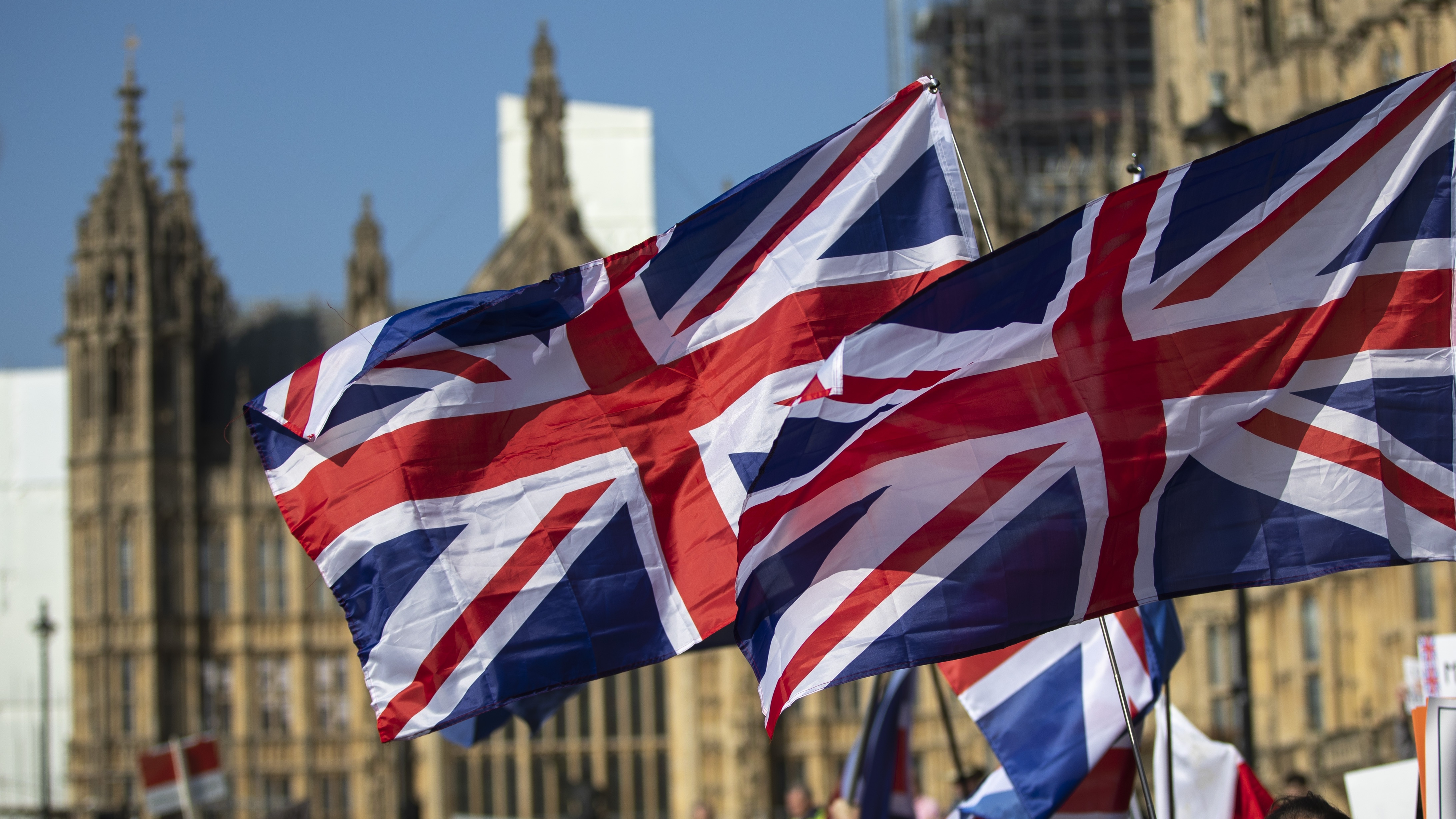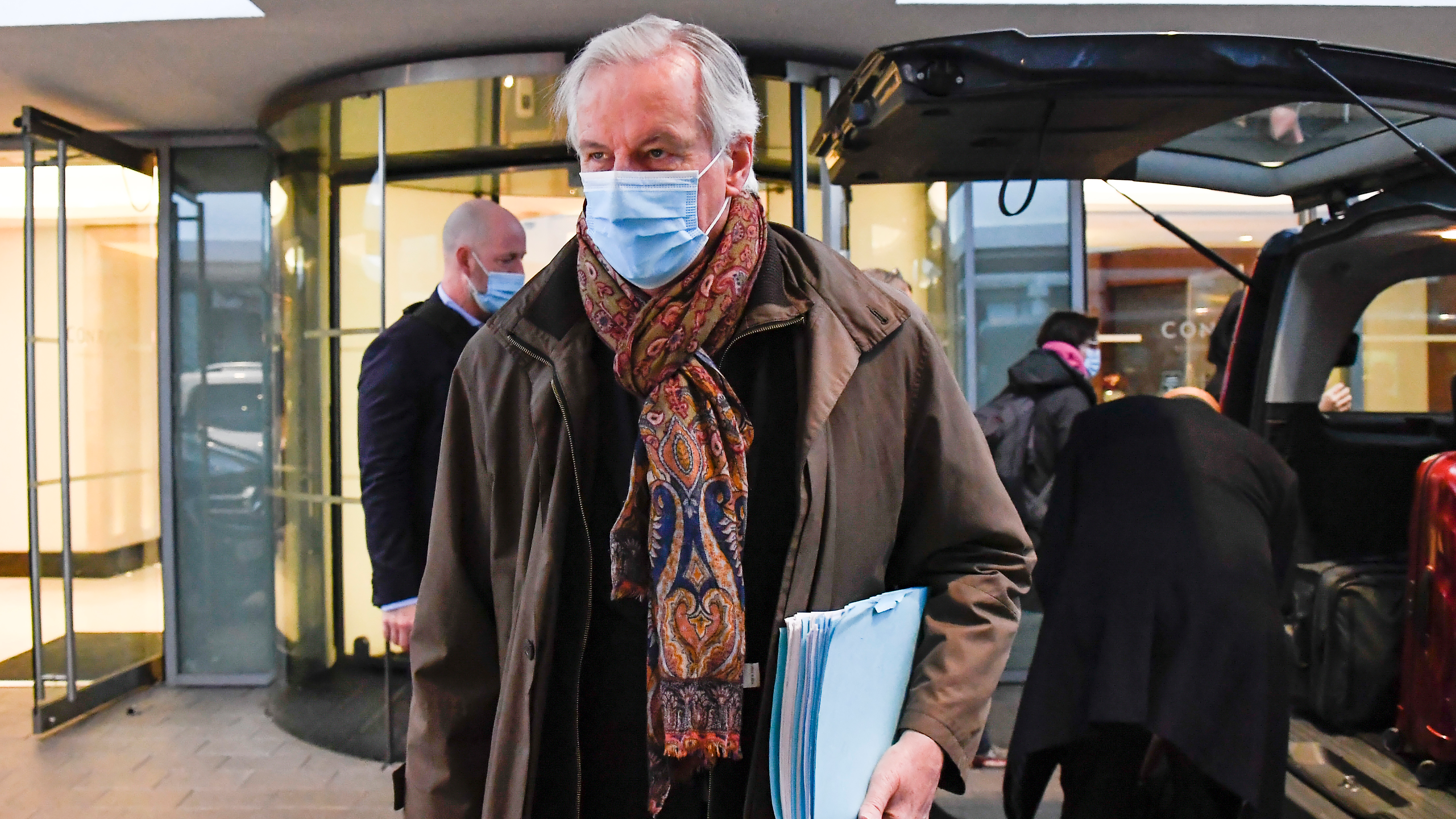
Editor's note: Jonathan Arnott is a former member of the European Parliament. The article reflects the author's opinions, and not necessarily the views of CGTN.
The plot of the 1952 movie "High Noon" is centered around an inevitable showdown, a time of reckoning, between an old-fashioned sheriff and an ex-convict who he once sent to jail. The movie has become a cultural icon, one of the most famous of all time, symbolic of situations in which a final, decisive outcome cannot be avoided.
The final decisions on Brexit cannot be delayed any longer. The old differences between the two sides remain. A deal will be reached only if both sides are prepared to make unpalatable compromises, but there is considerable pressure on them to do so.
The phrase "no-deal Brexit" has been floated since 2016, but its meaning has evolved substantially over the years. The financial settlement has been agreed, while the withdrawal agreement will continue to govern many areas of cooperation. Sector-by-sector mini-deals to ensure some continuity, including on aviation, would be likely. The United Kingdom has now negotiated terms with dozens of countries around the world. A no-deal Brexit in 2018 would have been a seismic shock; in 2021 the impact would still be profound but not on quite the same scale.
Nobody should be surprised by the Sunday Times report that the British Cabinet, even those who had originally supported Remain, would "back" Boris Johnson in the event of no deal being reached: after all, his Cabinet was chosen on that basis in the first place – and the government enjoys a robust Parliamentary majority with the next general election not due until 2024.
Boris Johnson enjoys a rare political luxury: time. Not even the most ardent of Euroskeptics would believe that a no-deal outcome would be good for the United Kingdom in the short term. But taking a longer-term approach, they believe that – free from European Union constraints – they would be able to demonstrate an added competitive advantage over the coming years. They consider a year of economic pain to be a price worth paying, believing that a deregulated and competitive economy would ultimately result in a long-term boom.

EU chief negotiator Michel Barnier heads back to Brussels as talks falter. /AP
EU chief negotiator Michel Barnier heads back to Brussels as talks falter. /AP
With no election on the horizon for years, they perceive it as the ideal time to take such a risk. Boris Johnson, for his part, is an internationalist by nature. He genuinely wants an agreement, but only if the price of such a deal is not prohibitive.
When negotiations reach this stage, with heads of state becoming directly involved, there is no use in attempting to predict the outcome. The global financial markets (and, indeed, betting exchanges) seem to believe that a deal is more likely than not, despite apparent substantial differences remaining between the two sides. At this level, political posturing is often carefully choreographed with the outcome all-but known in advance to top politicians.
A deal should, in theory, be possible. The British government might well make a partial concession on fisheries, knowing that fish such as mackerel and herring are far more commonly eaten on the continent than in England. They might well, as a center-right government, make concessions on state aid. The European Union surely recognizes that the United Kingdom's offers on non-regression have a value beyond anything they would get if there were no deal. Yet none of this is new: we have known for many months what the shape of any deal would need to be, in order for both sides to save face.
The fact that negotiations were passed upwards to Boris Johnson and Ursula von der Leyen is probably a good sign for those wanting a deal to be reached: neither side's chief negotiator (Frost or Barnier) was empowered to make any concessions. Talks would inevitably fail to reach agreement as both sides' positions were incompatible without movement.
Decisions can only be reached when there is a sense of urgency, when there is no longer any possibility of further delay. It is the ultimate standoff, neither side wishing to blink first. One way or another, the decision must be made: high noon is approaching.
(If you want to contribute and have specific expertise, please contact us at opinions@cgtn.com.)

